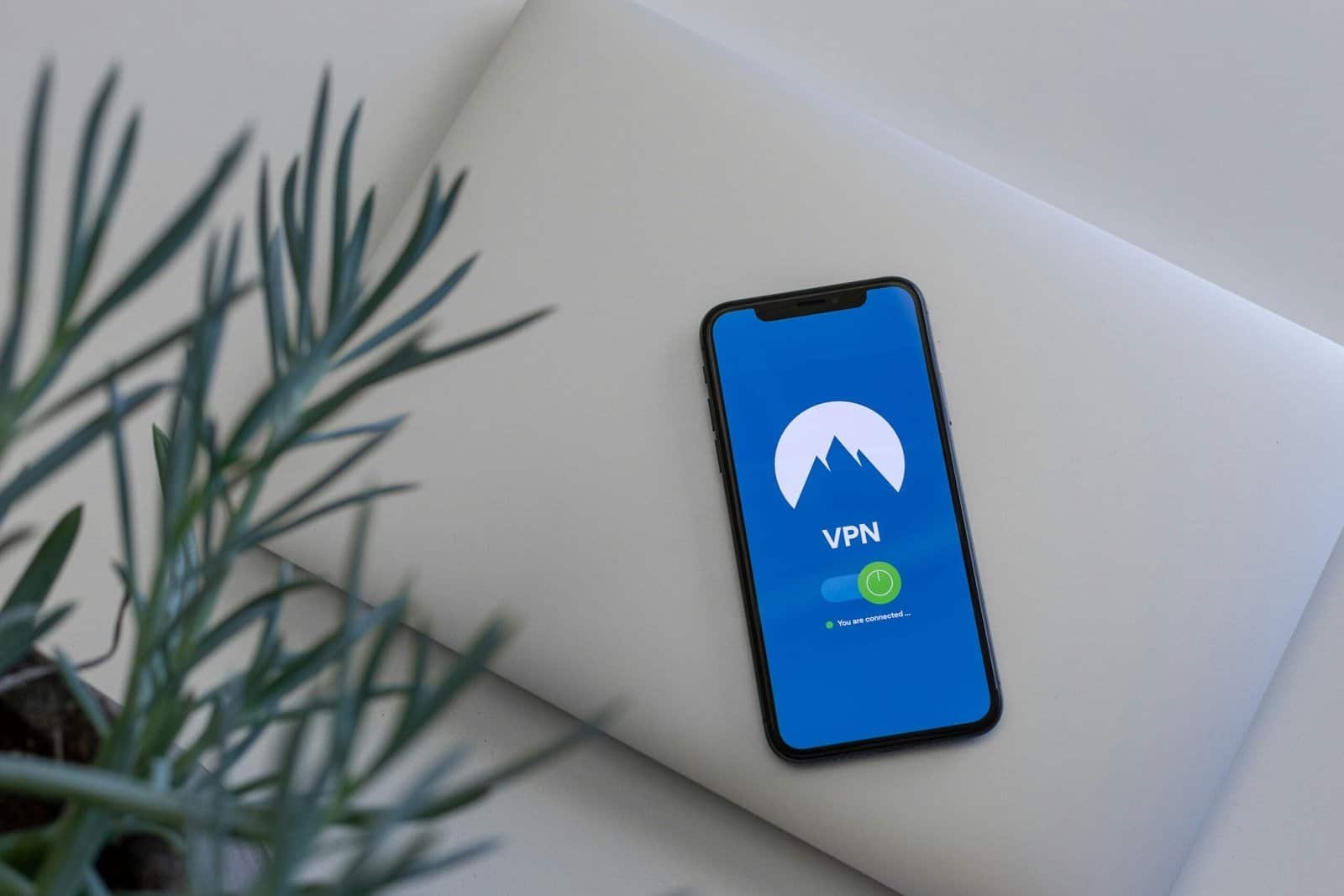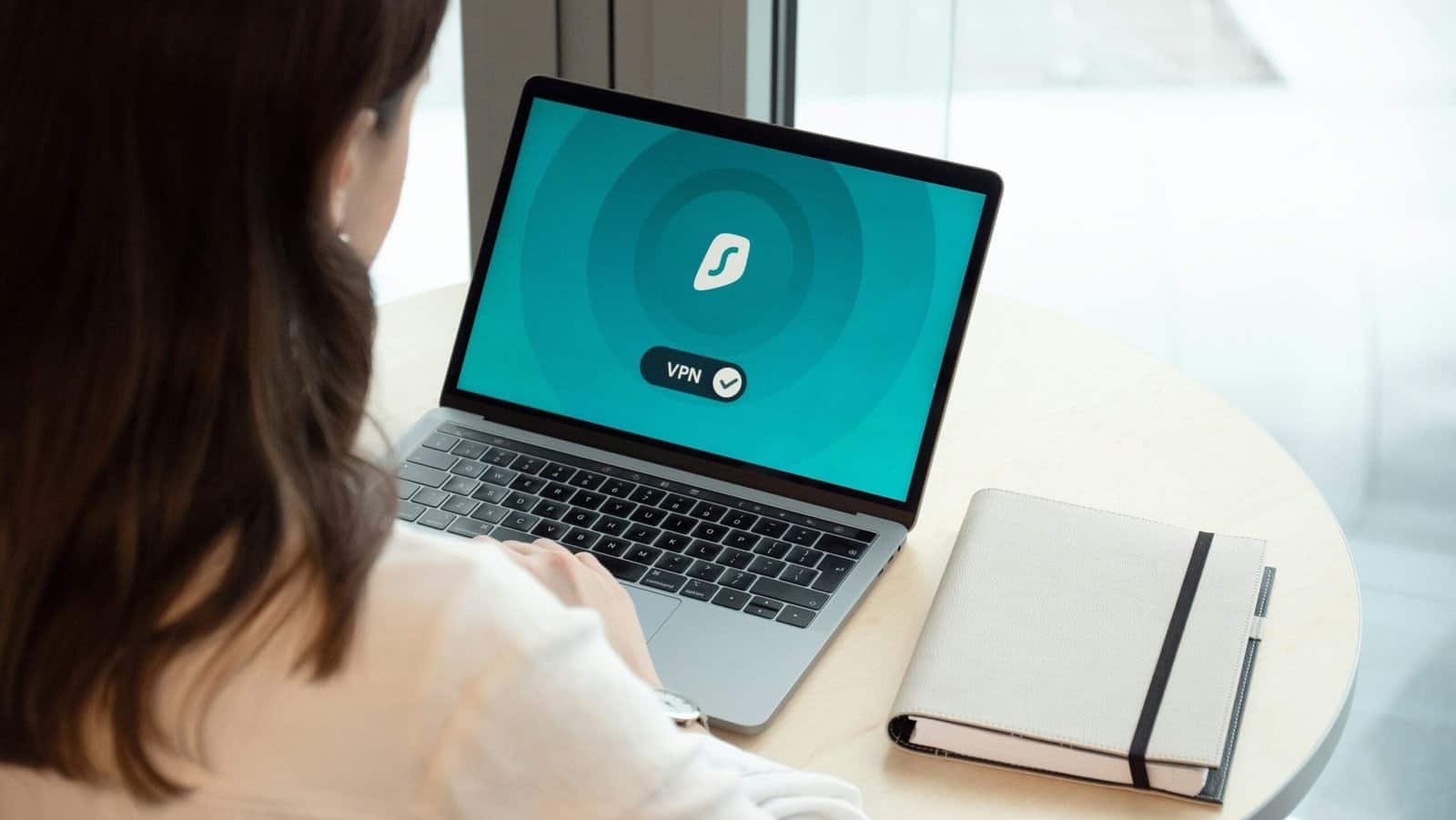Have you ever wondered how you can break into the world of freelance jobs in cybersecurity? The fast-paced digital landscape offers numerous opportunities for skilled professionals to carve out a rewarding freelance career, especially in cybersecurity where demand is only growing. Figuring out where to start might be challenging, but fear not. This guide is designed to help you navigate the path towards securing freelance work in this crucial and ever-evolving field.
Understanding the Appeal of Cybersecurity Freelancing
Before diving into the steps you can take to obtain freelance work in cybersecurity, it’s important to grasp why this field is appealing. Cybersecurity freelancing offers you flexibility, the opportunity to work on a variety of projects, and the chance to continuously develop your skills. It’s all about responding to the increasing threats facing businesses every day and honing your expertise to help combat these challenges.
Key Skills Required for Cybersecurity Freelancing
Cybersecurity freelancing isn’t just about technical skills. To be successful, you should have a mix of technical, analytical, and soft skills. Let’s discuss some key skills that you need to focus on:
Technical Skills
Understanding the technologies and tools at the heart of cybersecurity is essential. Here are some common technical skills that are in high demand:
- Network Security: Understanding firewalls, VPNs, intrusion detection systems, and other protective measures.
- Ethical Hacking and Penetration Testing: Using the same tools and techniques as hackers to find vulnerabilities.
- Encryption Techniques: Protecting data through advanced encryption methods.
- Cloud Security: Growing your expertise in securing cloud environments, crucial for many modern businesses.
Analytical Skills
Your ability to analyze complex situations is just as important as your technical prowess:
- Problem-Solving: Identifying and solving security problems as they arise.
- Attention to Detail: Carefully reviewing code and systems to spot potential threats.
Soft Skills
Don’t underestimate the importance of these:
- Communication: Explaining technical issues to non-technical clients.
- Adaptability: Remaining open to learning new technologies and methodologies.

Building Your Cybersecurity Knowledge
Pursuing Educational Opportunities
To build a solid foundation, consider pursuing formal education in computer science or a specialized cybersecurity program. Online courses and certifications can also give you a competitive edge.
- Certifications: Obtaining certifications such as CEH (Certified Ethical Hacker), CISSP (Certified Information Systems Security Professional), or CompTIA Security+ can enhance your credentials.
Practical Experience
Real-world experience is invaluable. Engage in practical training through simulated environments or internships that offer hands-on experience. Start small with projects or contribute to open-source efforts to build your portfolio.
Setting Yourself Up as a Freelancer
Crafting a Professional Portfolio
Your portfolio serves as your showcase to potential clients. Include:
- Project Descriptions: Clearly describe your role and the impact of your security solutions.
- Technical Skills: Highlight specific technologies and techniques you’ve mastered.
- Achievements: Show testimonials or metrics that demonstrate your success.
Marketing Yourself
Making yourself visible is a key component to freelancing success:
- LinkedIn: Optimize your profile with relevant industry keywords.
- Networking: Attend cybersecurity events to connect with potential clients.
- Online Platforms: Sign up on freelancing websites such as Upwork, Freelancer, and Toptal.

Finding Freelance Opportunities
Identifying Your Target Market
Focus on the industries where cybersecurity is most critical. These include finance, healthcare, and e-commerce. Understand the specific challenges they face and how your skills can help address them.
Reaching Out to Potential Clients
Introduce yourself to businesses or individuals who might need your services. Customize your communication to address their potential security challenges and highlight your relevant experience.
Applying for Jobs
When applying to freelance jobs, remember to tailor each application. Highlight your experience, skills, and what makes you uniquely suited for the opportunity.
Setting Your Rates
Understanding Industry Rates
Be informed about the current market rates for cybersecurity freelancers. This insight helps you position yourself competitively.
Valuing Your Expertise
Consider your level of experience, area of specialization, and the complexity of the task while setting rates. Don’t undervalue the depth of your expertise.
Negotiating With Clients
Be open to discussing rates with clients. Highlight the value and impact of your services to justify your rates, ensuring you maintain a professional and friendly conversation.

Maintaining Client Relationships
Communicating Effectively
Set clear expectations and maintain an open line of communication to foster a positive working relationship.
Delivering Quality Work
Consistently deliver quality work on time. Happy clients can lead to repeat work and referrals.
Seeking Feedback and Testimonials
Request feedback and testimonials upon completion of projects. Use these endorsements to enhance your portfolio and credibility.
Continuous Learning and Growth in Cybersecurity
The cybersecurity field is ever-evolving. To stay competitive, commit to ongoing learning and skill development.
Keeping Up with Industry Trends
Stay informed about the latest cybersecurity challenges and technologies through webinars, industry publications, and online courses.
Expanding Your Skillset
Add new tools and techniques to your repertoire, ensuring that you can offer a broader range of services to clients.
Networking with Peers
Engage with the cybersecurity community to learn from others’ experiences and to share your own knowledge.

Conclusion
The path to becoming a successful freelance cybersecurity professional involves building a strong skill set, creating a standout portfolio, and actively seeking opportunities while maintaining continuous growth. This journey may seem daunting, but with dedication, a passion for technology, and the drive to secure digital landscapes, you can carve out a rewarding and dynamic career. Embrace the learning process, connect with fellow professionals, and let your expertise shine as you step into the freelance world of cybersecurity.
